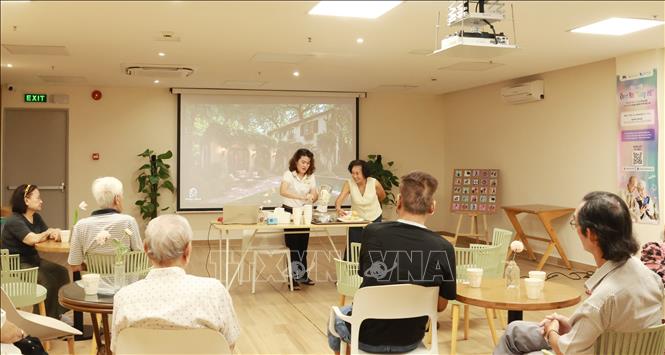
The budding formation of an elderly care ecosystem
In the context of rapidly increasing population aging, the need for comprehensive care for the elderly is huge. In Ho Chi Minh City, a number of models of elderly care centers (nursing homes) have been established, initiating the process of forming an elderly care ecosystem in the City.
Every morning, Ms. Hoang Thi Dung (76 years old, Thanh My Tay ward) is taken by her children to the Genki House Elderly Care and Activity Center (Phu Thuan ward) to participate in activities, care, and exercise with many other elderly people. After a morning of therapeutic exercises and many exciting and fun activities with her peers, in the afternoon, Ms. Dung returns to her family and grandchildren. "Currently, I live with my children, but during the day they all go to work and school, so there is no one to talk to or keep me company. When I come here, I am guided to do exercises to improve my health and train my brain, and participate in group activities, and talk with many "old friends", so I am very happy," Ms. Dung shared.
The fact that Mrs. Dung has found her own joy in her old age makes her children and grandchildren feel more secure. Seeing her mother happier, healthier and more active, Ms. Tran Thi Chau Thuy (Mrs. Dung's daughter-in-law) was moved: "At first, she did not agree, but when she came here to participate in activities with other elderly people, she became excited. When she returned home, she often told stories at the center with eyes sparkling with joy, and her spirit also changed positively. We only have one wish: to help our parents live happily, healthily and always full of laughter."
Born from the need for a place for the elderly to meet, exercise, train their minds, receive health care and share, Genki House Elderly Care and Activity Center is one of the first units in Ho Chi Minh City to operate under the model of "semi-boarding classes for the elderly". Every day, doctors and technicians at the center act as "teachers" to guide and train the elderly to perform health-improving exercises, exercise, and have fun. In the afternoon, the elderly return home and continue their activities with their families.
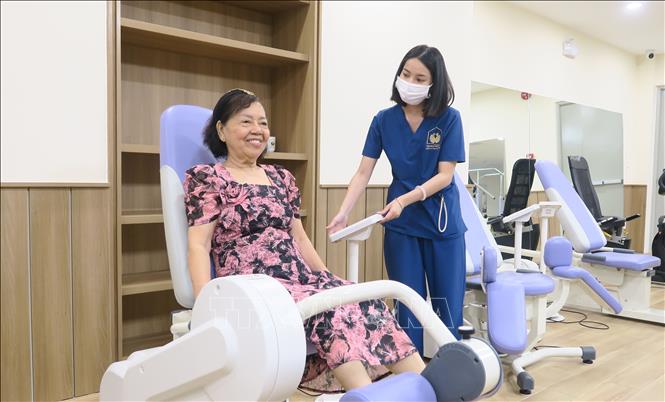
Dr. Tran Thi Thu Huong, Professional Director of Genkihouse Elderly Care and Living Center, said that the elderly health care activities are designed by the unit based on Japanese standards, revolving around two major areas: physical enhancement and mental maintenance. In addition, team activities, singing, dancing, making crafts, etc. also bring laughter and relaxation to the elderly. In particular, for people with dementia, the center has designed non-surgical therapy programs to slow the progression of the disease as well as maintain independent movement.
Not only do they need care during the day, many families who cannot arrange the time and human resources to take care of their grandparents and parents have chosen full-time elderly care centers. Although it has only been established for more than a year, Tam An Nursing Home has received more than 50 elderly people (from 60 to 104 years old). Ms. Mai Thi Huong, Director of Tam An Nursing Home, said that most elderly people have chronic diseases and need 24/7 care. Therefore, comprehensive care and nurturing services are increasingly chosen by many people. Therefore, Tam An Nursing Home provides a full package of care, treatment and care services for the elderly to meet the needs. In addition, mental health care is also focused on because for the elderly, if the mind is at peace, the body will be healthy.
Encourage the development of nursing home models
According to information from the Ho Chi Minh City Department of Health , recently, the number of applications for licensing of elderly care activities, both semi-boarding and boarding, has been increasing. Currently, the Department of Health is conducting an examination to determine qualified facilities for elderly care and implementing licensing activities. However, many opinions currently say that elderly care facilities invested by the private sector have higher costs compared to the income of the majority of people. Nursing services are also not diverse, not divided into packages, personalized according to the needs of the elderly, making it difficult for many people to access this service.
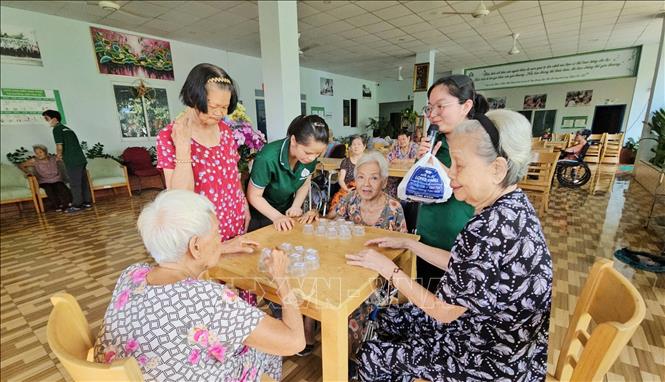
In recent years, his health has been declining but his children are busy with work. Mr. Hoang Tien Si (78 years old, living in Xuan Hoa ward) wishes to go to a nursing home to have someone to take care of him. However, with a pension of only over 8 million VND/month, Mr. Si has not found a nursing home that suits his financial situation.
Similarly, Ms. Nguyen Thi Anh Hoa (76 years old, living in An Dong ward) wants to find a day care center for the elderly, and return to her family and children in the evening. However, the current residential nursing service centers in Ho Chi Minh City are not diverse and the cost is still "too much" for her and many other elderly people.
Mr. Pham Chanh Trung, Head of the Ho Chi Minh City Population Department, said that the development of nursing homes is an inevitable trend for cities and countries around the world . Ho Chi Minh City is no exception, facing the challenge of rapid population aging. Solving the problem of food, accommodation, care and nurturing to improve the quality of life of the elderly is currently a challenge for Ho Chi Minh City.
At the National Conference to disseminate 4 Resolutions of the Politburo, including Resolution No. 72-NQ/TW dated September 9, 2025 of the Politburo on "a number of breakthrough solutions to strengthen the protection, care and improvement of people's health", General Secretary To Lam suggested developing a semi-boarding nursing home model "pick up in the morning, take home in the afternoon" so that the elderly and the elderly are no longer lonely.
According to Dr. Dang Van Sang, Principal of Ho Chi Minh City Polytechnic College, the implementation of the boarding school model is completely feasible because the cost of infrastructure investment is moderate and not too expensive. The State has issued the Law on the Elderly and many social security programs. If there are additional policies to encourage the socialization of services, the feasibility of the model will be higher. If the State supports policies, encourages socialization and human resource training, and organizes public transportation to pick up and drop off, this model is feasible and has the potential to develop strongly in the next 10-20 years.
Mr. Pham Chanh Trung, Head of the Ho Chi Minh City Population Department, stated that the Ho Chi Minh City Department of Health has advised the City People's Committee on a master plan to synchronously develop solutions to adapt to population aging; including the construction of a nursing home system. However, the story of developing a nursing home system needs to take cautious steps. A survey by the City Population Department of over 600 elderly people living in the area showed that about 20% of the elderly have the need to go to a nursing home, the rest still want to live at home. "We need to look back at the actual needs to build appropriate institutions, nursing home systems and the most suitable model. In the coming time, we should develop community-based day care centers for the elderly," said Mr. Pham Chanh Trung.
While waiting for new plans and policies, Ho Chi Minh City Rehabilitation and Occupational Disease Treatment Hospital recently launched the “Model of improving management and care for the elderly during the day”. This is a comprehensive form of medical - rehabilitation - social care with the assurance of continuity in elderly care.
Dr. Phan Minh Hoang, Director of the Ho Chi Minh City Hospital for Rehabilitation and Occupational Disease Treatment, said that this model combines multiple fields in each day of treatment, from medicine, rehabilitation, nutrition to psychological and social support. The elderly are not only treated for their illnesses but also exercise, receive nutritional advice, and participate in group activities, helping to improve their overall health. They will enjoy full health insurance coverage, helping to significantly reduce costs. “This is not only a medical service, the elderly care model also has a profound humanitarian meaning, creating conditions for children and grandchildren to work with peace of mind; at the same time, helping the elderly feel the care of the community and society,” Dr. Phan Minh Hoang emphasized.
Source: https://baotintuc.vn/xa-hoi/thach-thuc-gia-hoa-dan-so-bai-cuoi-da-dang-hoa-mo-hinh-nha-duong-lao-20251103160159232.htm


![[Photo] Ho Chi Minh City Youth Take Action for a Cleaner Environment](https://vphoto.vietnam.vn/thumb/1200x675/vietnam/resource/IMAGE/2025/11/04/1762233574890_550816358-1108586934787014-6430522970717297480-n-1-jpg.webp)
![[Photo] Government holds a special meeting on 8 decrees related to the International Financial Center in Vietnam](https://vphoto.vietnam.vn/thumb/1200x675/vietnam/resource/IMAGE/2025/11/04/1762229370189_dsc-9764-jpg.webp)
![[Photo] Ca Mau "struggling" to cope with the highest tide of the year, forecast to exceed alert level 3](https://vphoto.vietnam.vn/thumb/1200x675/vietnam/resource/IMAGE/2025/11/04/1762235371445_ndo_br_trieu-cuong-2-6486-jpg.webp)


![[Photo] Comrade Nguyen Duy Ngoc holds the position of Secretary of the Hanoi Party Committee](https://vphoto.vietnam.vn/thumb/1200x675/vietnam/resource/IMAGE/2025/11/04/1762234472658_a1-bnd-5518-8538-jpg.webp)
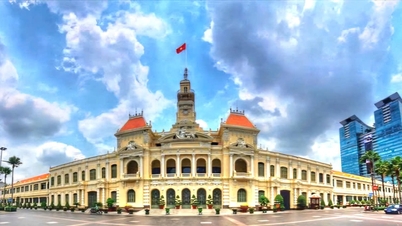

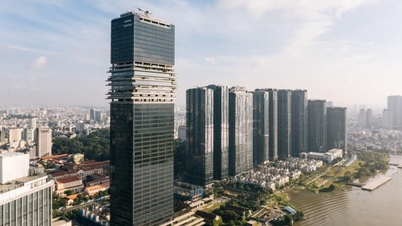
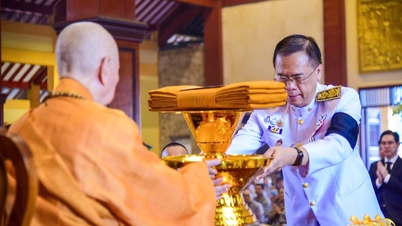
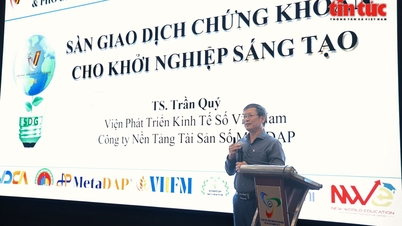
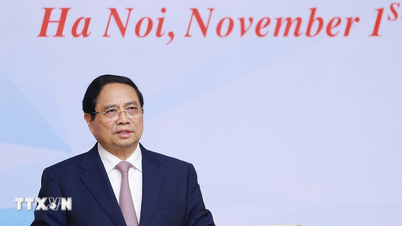

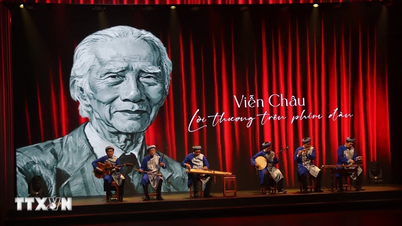
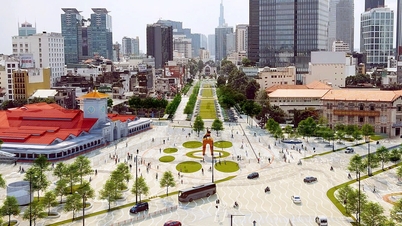







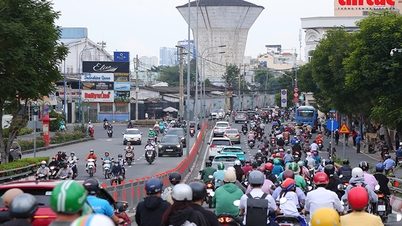





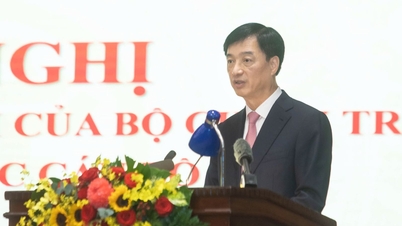
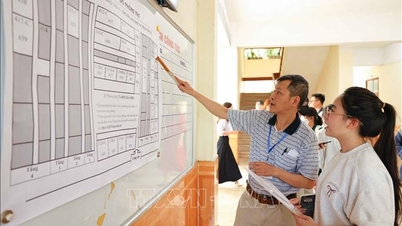
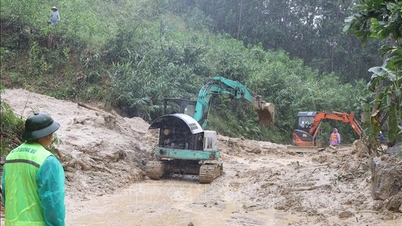
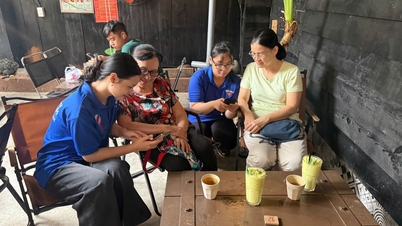
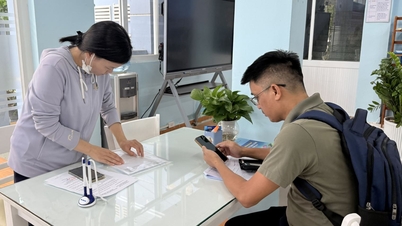





















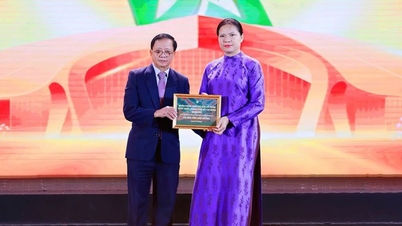



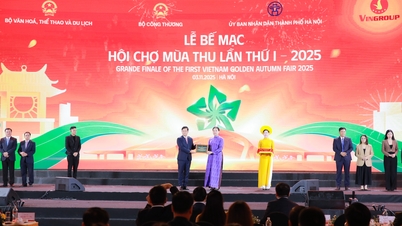
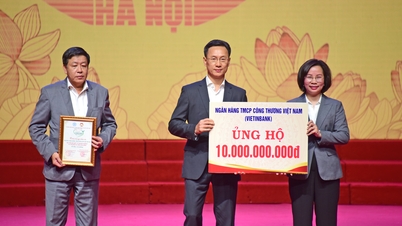










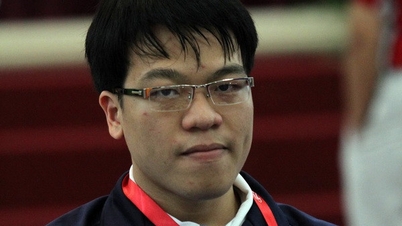


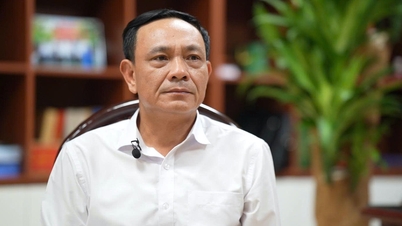



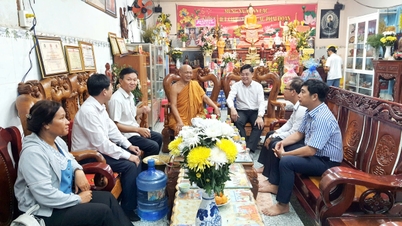


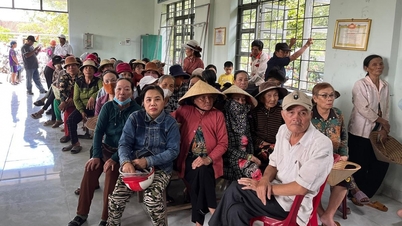

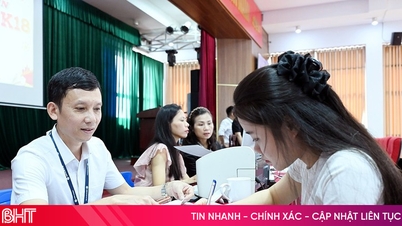


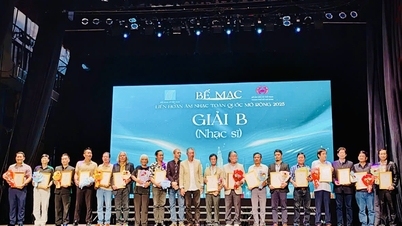














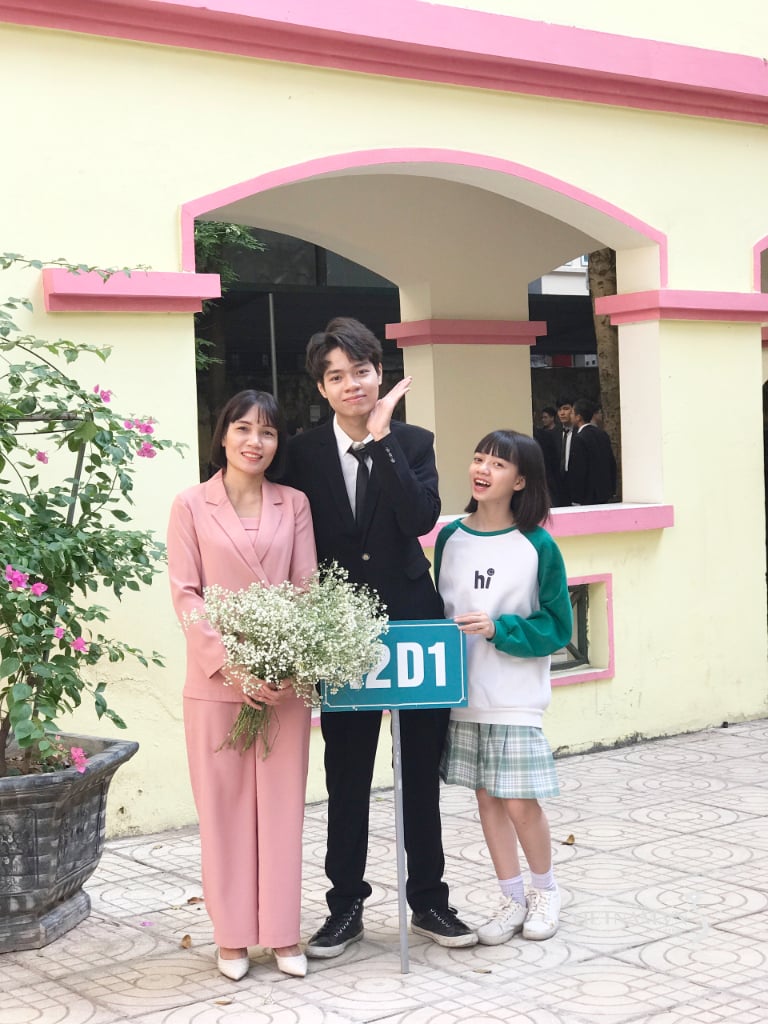

Comment (0)